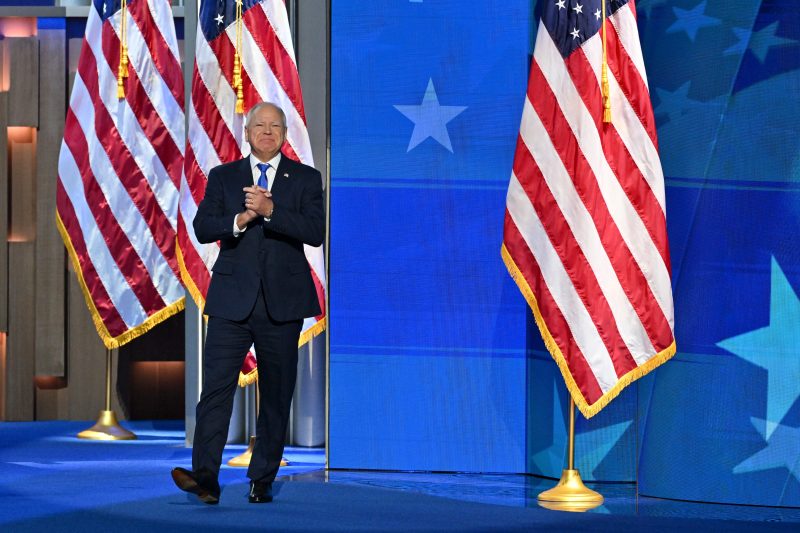In recent years, the rise of China as a global power has sparked significant debate and discussion among political candidates, particularly in major world powers like the United States. As the Asian giant’s influence continues to expand across various sectors, including economics, technology, and geopolitics, it has become a common tactic for candidates to use China’s growing power as an attack line against their opponents.
The perception of China as a formidable player on the world stage has raised concerns among many, particularly regarding potential challenges to existing global power dynamics and the impact on domestic industries. Candidates often leverage these concerns to paint their opponents as unfit to handle the complexities of dealing with a rising China, using rhetoric that emphasizes the need for a strong and knowledgeable leader in navigating these international relations.
One key aspect that candidates frequently exploit is the economic competition between China and other countries, most notably the United States. China’s rapid economic growth and technological advancements have not only enabled it to become a major player in global trade but have also raised questions about fair competition and trade practices. Candidates often argue that their opponents are too lenient on China, allowing it to take advantage of trade agreements and engage in unfair practices that harm domestic industries.
Moreover, China’s assertive foreign policy and growing military capabilities have also been points of contention in political campaigns. Candidates often criticize their opponents for being too passive or naive in dealing with China’s expansionist ambitions in the South China Sea or its influence in regions like Africa and Latin America. The fear of China’s increasing military might and its implications for global security is a potent tool for candidates to sway voters who prioritize national security issues.
In addition to economic and security concerns, candidates also use China’s human rights record and domestic policies as a means to discredit their opponents. Criticisms of China’s authoritarian regime, its treatment of ethnic minorities, and its censorship of free speech resonate with voters who value democratic values and human rights. By highlighting their own commitment to these principles and contrasting it with their opponents’ perceived tolerance of China’s actions, candidates can position themselves as defenders of fundamental rights and freedoms.
Overall, the rise of China as a global power has become a central theme in political campaigns worldwide, shaping discourse on a wide range of issues from trade and national security to human rights and democracy. Candidates strategically use China’s growing power as an attack line to differentiate themselves from their opponents, emphasizing their own strengths in leadership and policy positions. As China’s influence continues to grow, its role in shaping political narratives and strategies is likely to remain a prominent feature in future elections across the globe.




























